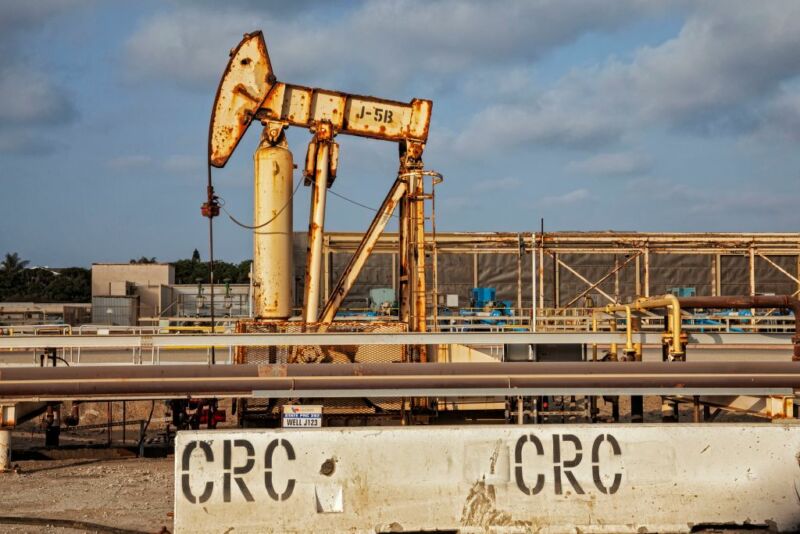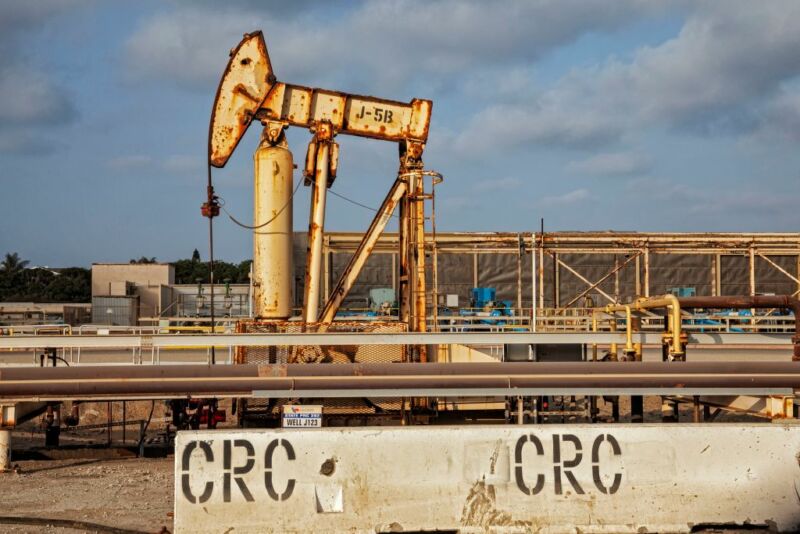
Enlarge / To reach our climate goals, we’ll need to stop building these. (credit: Education Images/Getty Images)
A massive amount of fossil fuels will need to stay in the ground if the world is to reach its goal of limiting temperature increase to 1.5ºC, a new study shows. A paper from faculty members at the University College London uses modeling to decipher what would need to happen for a 50 percent chance of reaching this climate goal, concluding that a lot of our fossil energy reserves will have to stay in the ground. The paper further explores the consequences for the countries, businesses, and people involved.
In 2015, 196 parties signed the Paris Climate Agreement, which is aimed at keeping global average temperatures under 2ºC, with 1.5ºC as the preferred target. Since then, documents like the International Panel on Climate Change’s report on reaching 1.5ºC have indicated that the world needs to start cutting fossil fuels now to reach this target.
The new paper reaffirms the notion that we need immediate, sharp declines in emissions. The study builds on a piece of research from 2015 that looked at the possibility of hitting the 2ºC goal. The earlier work used modeling to suggest that, globally, one-third of all oil reserves, half of gas reserves, and more than 80 percent of coal reserves need to remain unused to reach the goal. The new UCL paper’s recommendations are even stricter.





